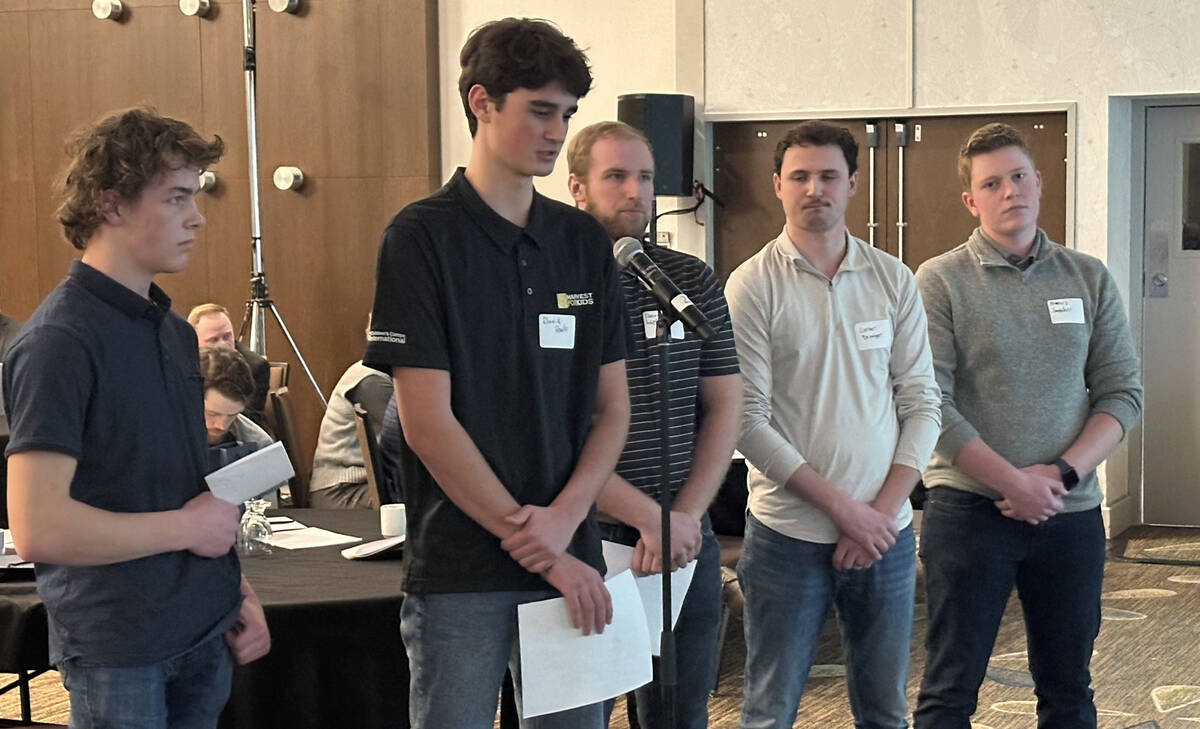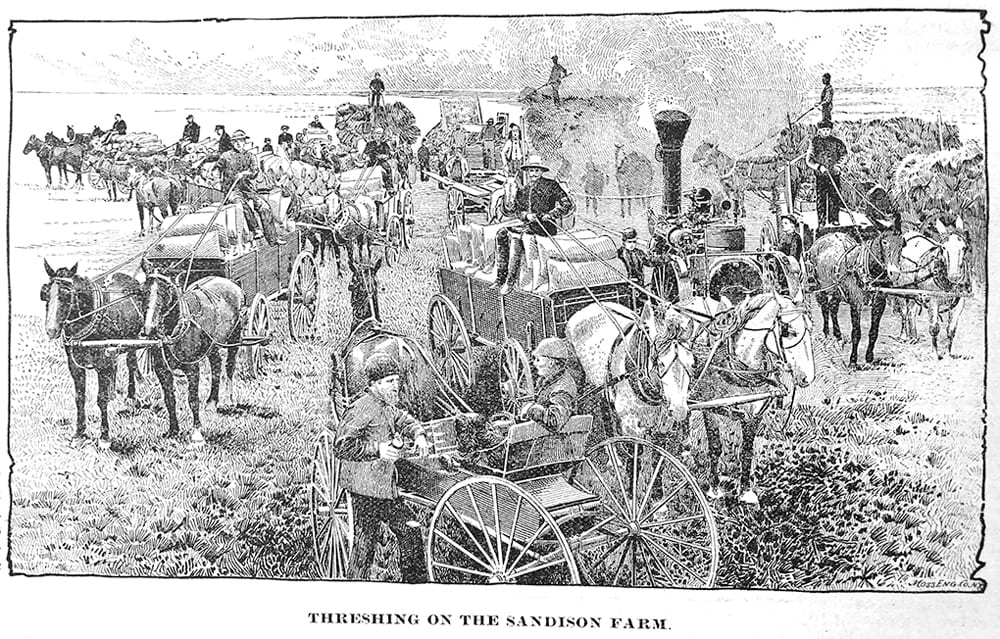Jane Dueck made a startling discovery as she spent a week in Carman during late May experiencing rural life and medical practice.
Her daily “commute” from her hotel room to the local hospital took exactly seven minutes.
“That’s a new experience for me, to be able to get out the door just minutes before I need to be somewhere,” said Dueck, who has lived her entire life in Winnipeg.
For her colleague, Nicole Vosters, another first-year student the quieter, slower-paced lifestyle was entirely familiar.
Read Also

Students push for Manitoba road upgrades
Manitoba’s lack of higher-rated RTAC roads creates irritating highway detours and weight restrictions for farmers, University of Manitoba students told KAP.
“Being here felt just like home,” says Vosters, who grew up in Marquette.
The two young women are among 110 first-year students in the University of Manitoba’s faculty of medicine who spent the last week of May in one of 40 rural and northern communities participating in “Rural Week.”
Rural Week is a mandatory part of first-year medical students’ studies in Manitoba offered between the University of Manitoba and the Office of Rural and Northern Health, to facilitate week-long visits and expose future doctors to some of the rewards and challenges of practising medicine in smaller communities. This is the eighth year of the program.
During Rural Week the students are given a wide range of clinical exposure, working alongside local doctors. Their schedules are also arranged so they have a chance to find out what rural life is like.
The idea behind Rural Week is that the more these students learn about rural life and rural practice, the more they’re likely to consider it, said Dr. Don Klassen, medical director with the Office of Rural and Northern Health and a family physician in Winkler.
“It’s to put it on their radar screen, when it comes time to make career choices about what kind of doctor they will be,” he said. “If the idea of a rural or northern Manitoba practice is never on their radar, it’s unlikely they’ll pick that, particularly if their place of origin is an urban setting.”
In fact, about 80 out of approximately 100 students annually entering first-year medicine at the University of Manitoba come from urban backgrounds, a figure that varies year over year.
The students’ week is spent working alongside a local doctor doing things like taking patient histories and perhaps being involved in simple procedures such as putting an arm in a cast.
“Rural Week might be the time many of them first get to actually put a suture in a small laceration or something like that,” said Klassen.
They also learn about the local health infrastructure, visiting regional facilities and familiarizing with services such as ambulance services.
A local co-ordinator in each community arranges the social side of the experience, so the students have opportunity to meet people in the community, see some sights and familiarize with the community.
Dueck describes her stay in Carman as really a first “real foray into rural life” and she had some glimpses of what it would be like to be a local doctor in a small town.
One was finding herself standing side by side with someone at an ice-cream vendor only hours after seeing the individual at the hospital.
“That wouldn’t happen in the city, first of all, and with the emphasis on confidentiality, I had no idea how to react,” she said. “That was a big learning moment for me.”
The students’ week-long experience is part of a broader strategy to expose medical students and residents to rural and northern practices and lifestyles, said Klassen.
At various stages throughout their medical training they will again spend time in rural and northern locations, including in rural-northern family medicine residency.
One week can’t have a big impact, but it could contribute to changing attitudes when combined with similar experiences during training, Klassen said.
Ultimately, they’re trying to impress on these students what a varied and satisfying career they can have in a rural practice.
“Some won’t be interested, that’s clear. But many students have told us ‘we had no idea that this is what happens in rural Manitoba.’”
Vosters is clear about where she’s going when her studies are complete.
“I’m not sure where I’ll be an intern but I eventually want to end up back in the Interlake,” she said. The big draw is the rural lifestyle she already knows and the connection to her community she already has.
Conversely, Dueck says the same thing might keep her in the city. “I’ve not spent that much time away from Winnipeg,” she said. “One possible barrier would be moving away from my family.”
Both young women said they felt welcomed in Carman and that they gained a lot from participating in Rural Week. Their classmates apparently feel the same.
“The word on Facebook is that everyone loves Rural Week,” said Dueck.
“It’s definitely been a really good experience, and I definitely see why they do it.” [email protected]















